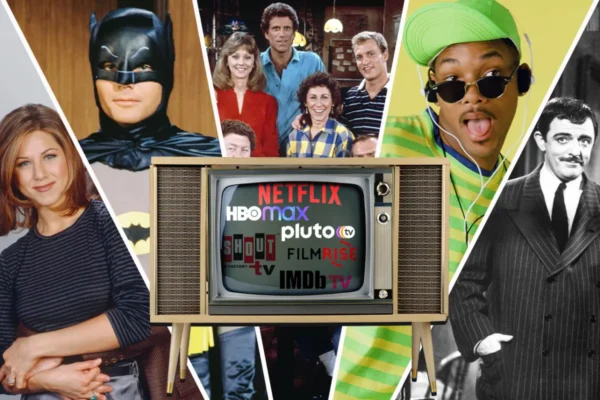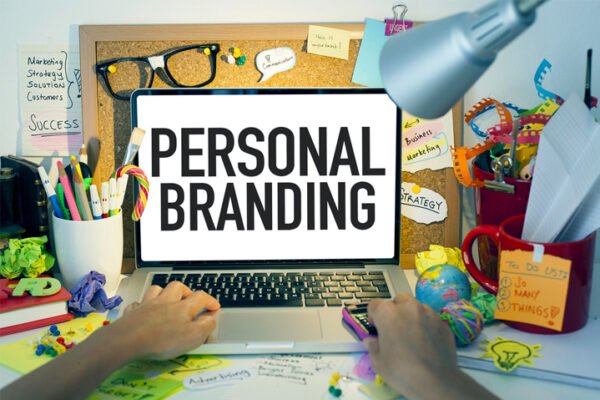Journalism Ethics and Sensationalism
Meta Description: Explore the interplay between journalism ethics and sensationalism, examining its impact on public trust and media integrity. In today’s fast-paced media landscape, journalism ethics and sensationalism often find themselves at odds. While journalism aims to inform the public with accuracy and integrity, sensationalism seeks to attract attention, sometimes at the expense of…













Social Media: Navigating Truth in a Sea of Noise
Social media platforms have become the main source of news and entertainment for billions worldwide. However, they are also breeding grounds for misinformation and fake content. Understanding how to navigate these platforms is crucial to avoid falling for falsehoods.
Why Misinformation Thrives on Social Media
Social media’s fast pace encourages sharing without fact-checking. Algorithms prioritize sensational content that grabs attention, even if it’s misleading. Fake profiles, manipulated images, and viral hoaxes spread quickly, making it harder to tell truth from fiction.
How to Spot Fake Content on Social Media
The Role of Social Media Companies
Platforms like Facebook, Twitter, and Instagram have started initiatives to fight fake news. This includes fact-checking partnerships and algorithm adjustments. Still, user awareness remains key.
How You Can Help Control Fake Content
As a user, you have the power to slow the spread of misinformation by verifying before sharing and reporting suspicious content. Our guides offer simple steps to protect yourself and your community.